
The need for hot water in Australian homes has changed a lot over the last decade. Showers are longer. Appliances […]
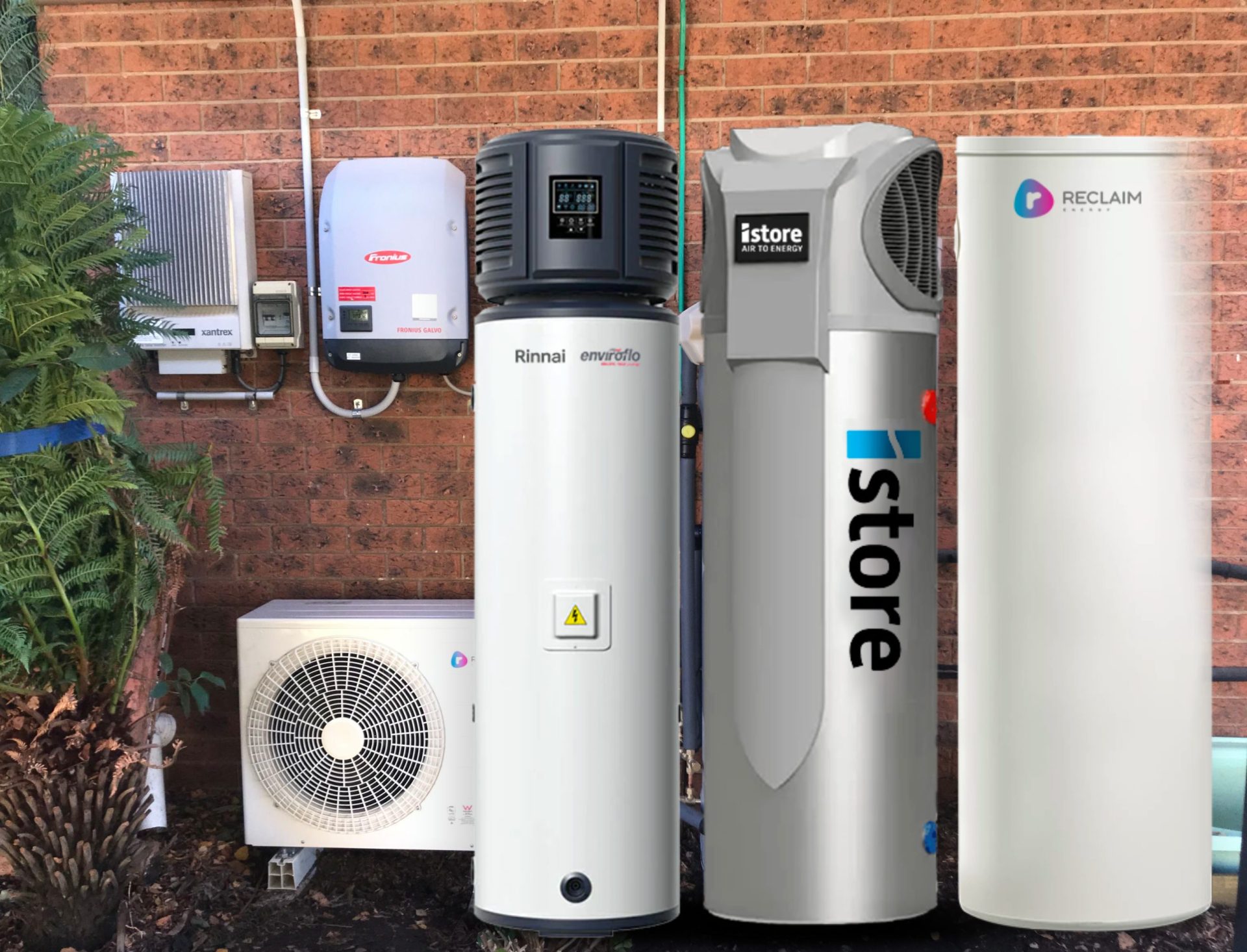
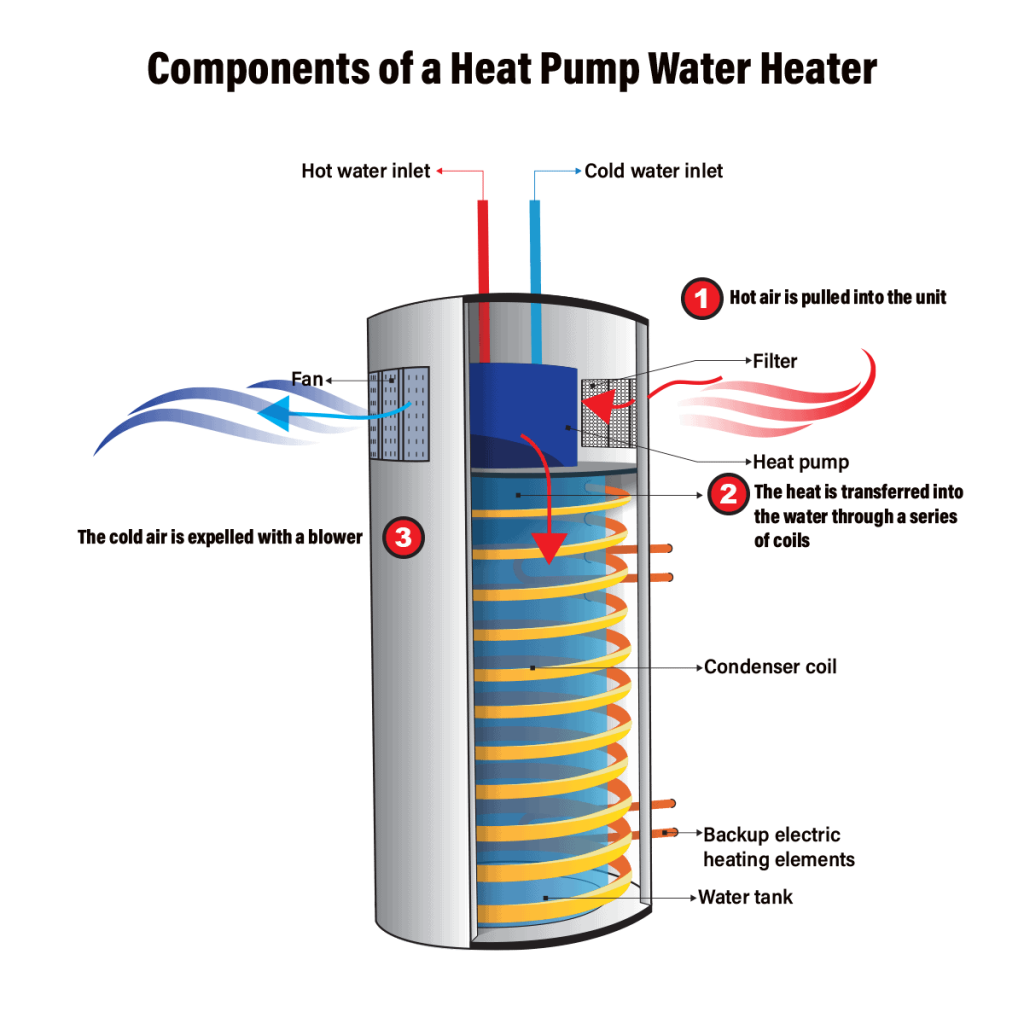
Have you ever turned on your hot water systems ready for a warm, comfortable soak, only to be hit by cold water instead? This is one of the most frustrating encounters that can tamper with your whole daily routine.
When your hot water system does not give hot water when needed, it is natural to wonder how long the system should actually take and if it is functioning as it should.
In this article, we will answer “How long does a hot water system take to heat up?” and discuss the factors affecting the heating time.
This knowledge will help you plan better, identify issues on time, and avoid the inconveniences of unexpected cold water.
The time it takes for your hot water system to heat the water to the desired temperature depends on various factors like the type of hot water system itself, its size, and the source of energy.
That said, below is what you should expect with your hot water system.
Electric storage heaters heat water using resistive electric elements found inside the tank. They are most used in homes with off-peak energy tariffs.
Average water heating time: 1–2 hours
Heating time for standard 160L tank: 1 hour 30 minutes.
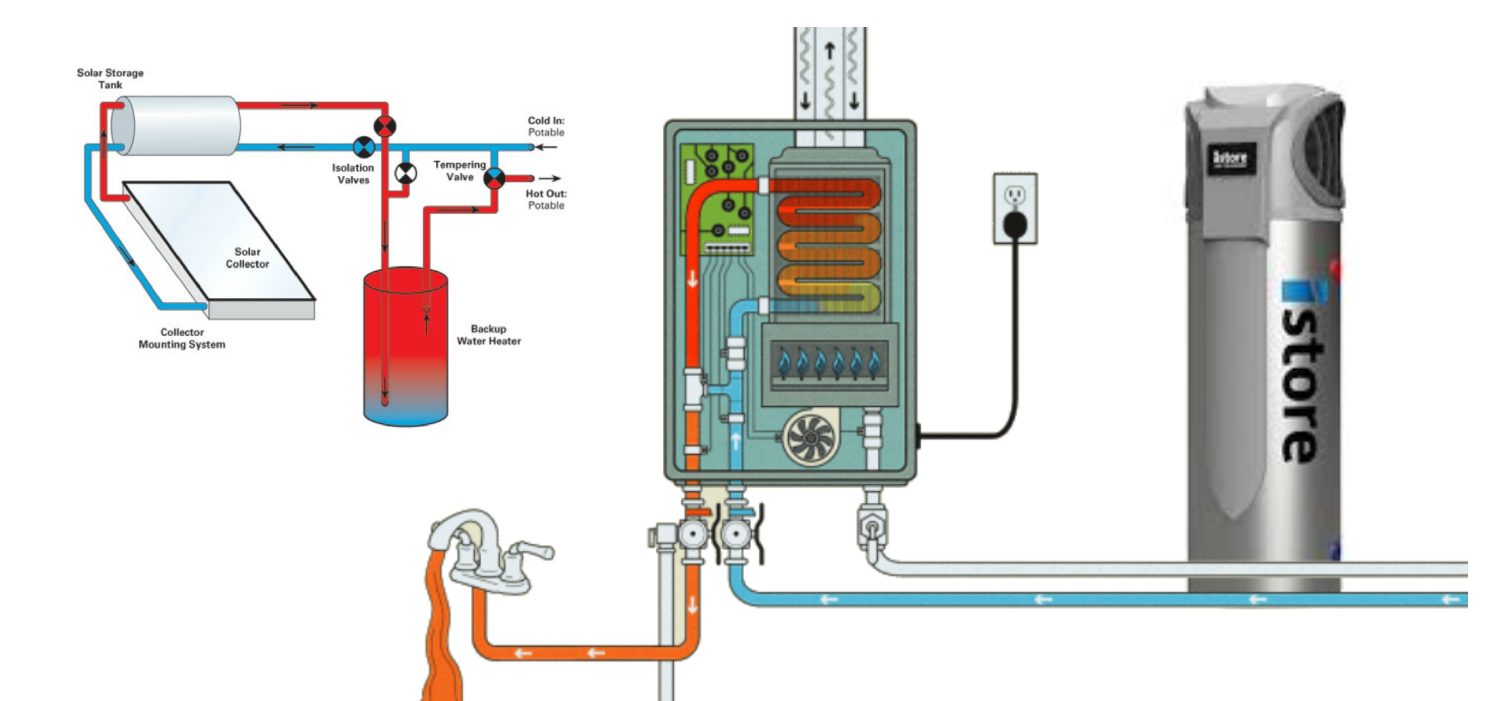
Gas water heating systems are known to be faster than electric heaters. They are usually the common choices in homes with a mains gas supply.
Average water heating time: 30–40 minutes
Heating time for a standard 135L gas storage tank: Under 40 minutes.
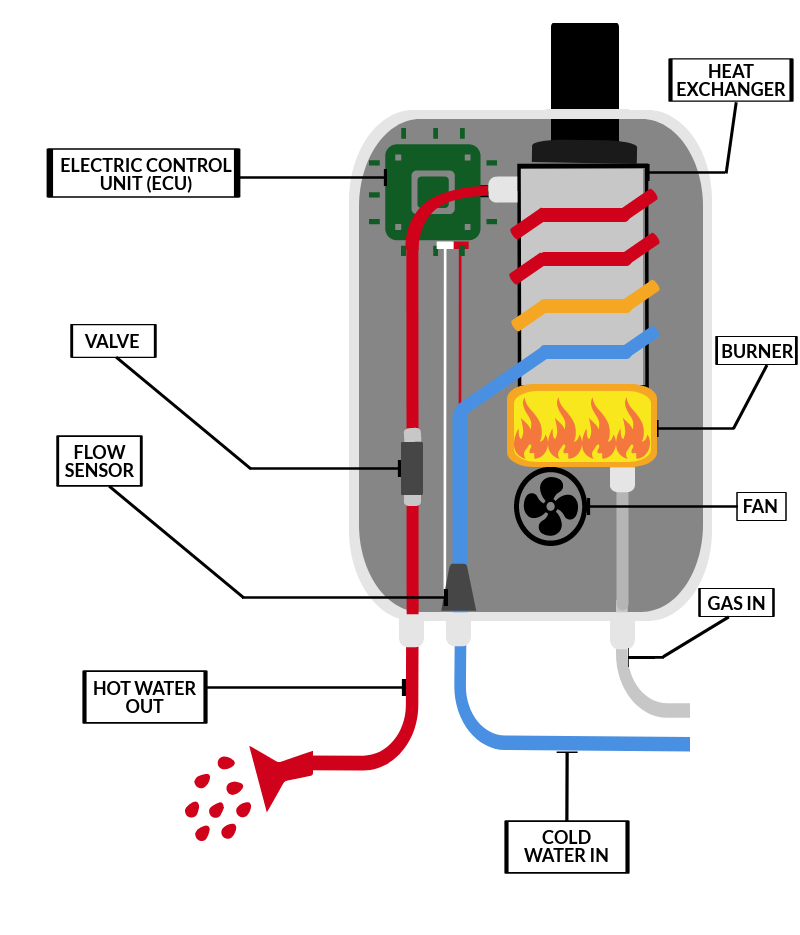
Tankless water heaters heat water only when needed. You get hot water as soon as you turn the tap, and there are no tanks to fill. They are most common in homes with limited space or high energy-efficiency goals.
Average water heating time: Almost instant
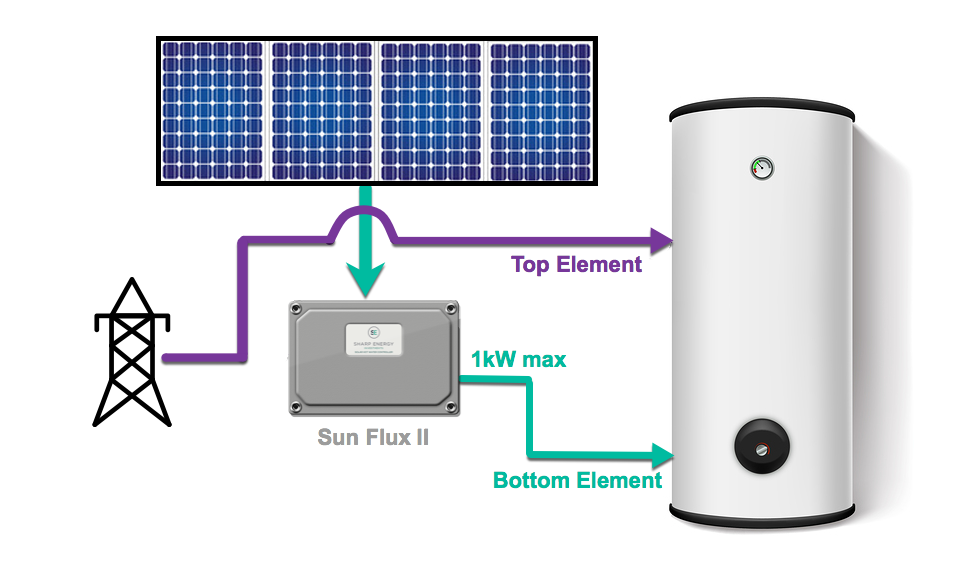
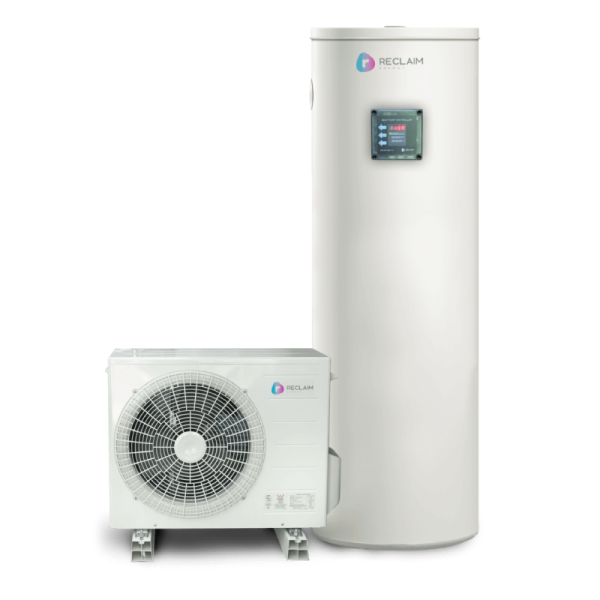
Heat pumps heat water using the heat from the surrounding air.
They save a lot of energy, but they can be a bit slower in cold areas. They are a great option for energy-conscious households, especially where rebates are available.
Average water heating time: 1–2.5 hours
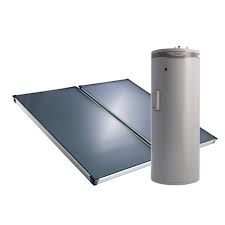
Solar water heaters heat the water using heat from sunlight. They are a good option in areas receiving sufficient sunlight. However, they may usually need a gas or electric booster in cold and cloudy areas
Average water heating time: 1–5 hours (depending on sunlight and system type)
When your hot water system is in good condition and working as expected, you should get hot water within the timeframes explained above. Anything longer than that means you are waiting for too long to get hot water.
Precisely, you are waiting too long to get hot water if your:
If you are experiencing these delays, you can believe with certainty that something is wrong with your hot water systems.
So, what can you do? And before you do, how can you tell what is wrong with your hot water system? Let us find some possible causes for the hot water system taking too long
When your hot water tank has sediments, it might take longer to heat water because such sediments tend to insulate the heating element, reducing its efficiency.
If you are using an electric hot water tank with more than one heating element, you might experience delays in hot water when one of these heating elements burns out.
In the case of gas burners, delays can arise if the burners get dirty.
A faulty thermostat might mislead the system, making it keep the water temperature below the level it should be. That means lukewarm water and longer wait times.
If your household demand has increased over time (more people, more showers, bigger washing machines), your current system may be struggling to keep up. Frequent recovery cycles will cause delays.
For solar and heat pump systems, cold weather, shaded roofs, or poor ventilation can extend heating times. Solar collectors might also degrade over time if not maintained properly.
Before calling in a technician, there are a few things homeowners can check to possibly resolve the issue:
Ensure it’s set to around 60°C (not lower than 50°C for health reasons). If it’s too low, the system will take longer to satisfy demand.
You should make efforts to drain the tank at least annually. This will ensure no sediment will build up, so the heating element will work at higher efficiency to deliver hot water faster.
Older hot water systems could be delaying hot water because they might be losing some heat through poor insulation. Use tank jackets and pipe lagging to reduce heat loss during storage and delivery.
If you’re losing hot water due to a leak, the system will need to heat water more frequently, creating longer delays and higher energy bills.
If everyone in the household showers at the same time each morning, consider shifting some usage to off-peak times or upgrading to a continuous flow unit.
If DIY checks don’t resolve the issue, it’s time to bring in an expert. Call a licensed technician if:
A technician can test the thermostat, flush the system more thoroughly, or advise whether a replacement is more cost-effective than a repair.
Hot water systems aren’t designed to last forever. Here’s a quick guide to expected lifespan by type:
If your system is nearing the end of its lifespan and taking longer to heat, it might be more economical in the long run to replace it with a newer, more energy-efficient model.
Hot water systems play a big part in day-to-day comfort, so when they take too long to heat up, it’s not just inconvenient—it’s a sign that something might be wrong.
Use the knowledge you have gained from this post to understand when your hot water system is taking too long to deliver hot water and when it is working properly.
A little awareness goes a long way in keeping the hot water flowing smoothly and avoiding those chilly surprises. If things do not work out, seek professional help.